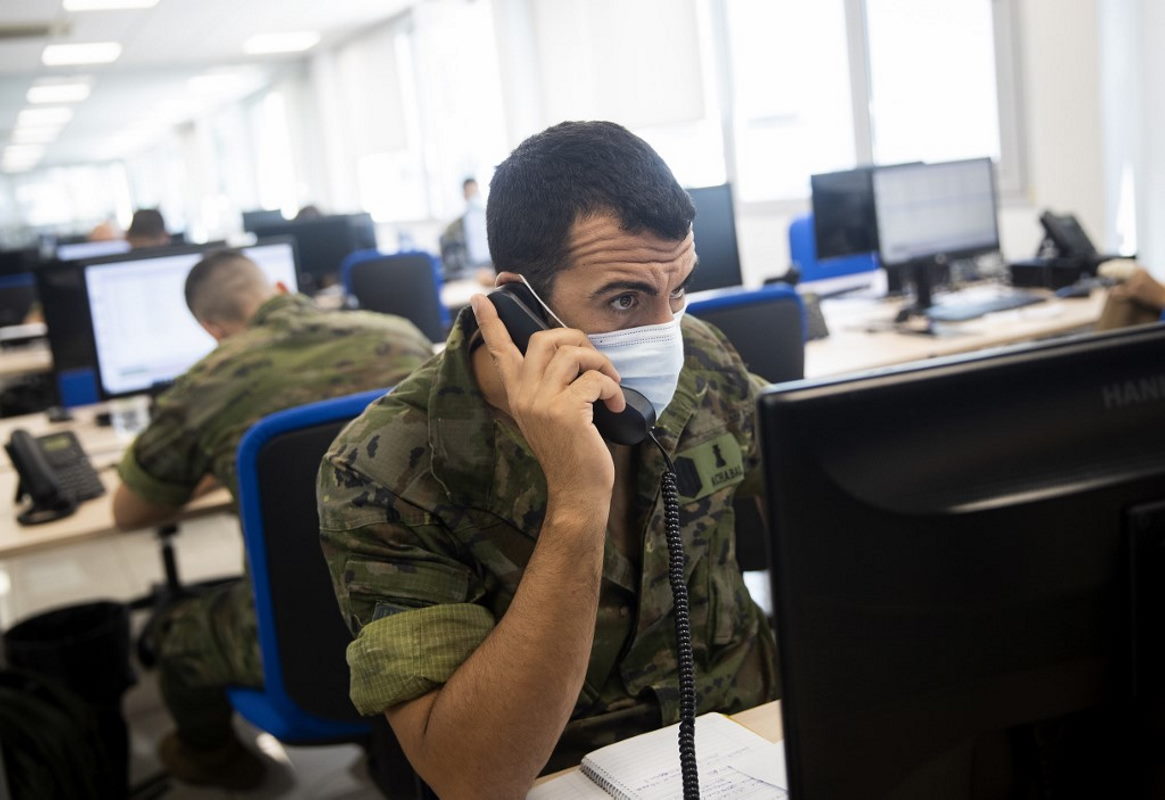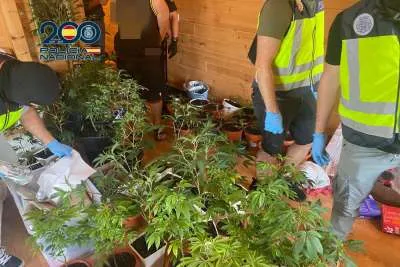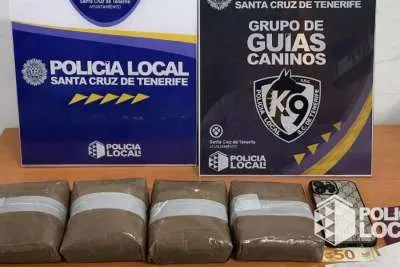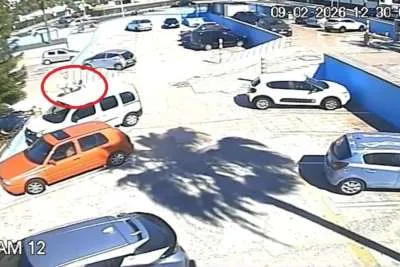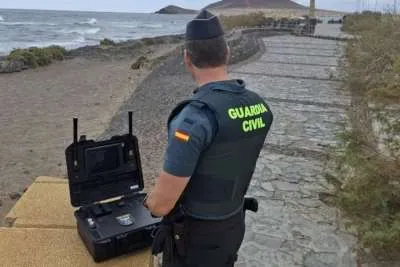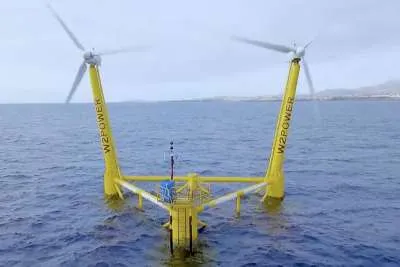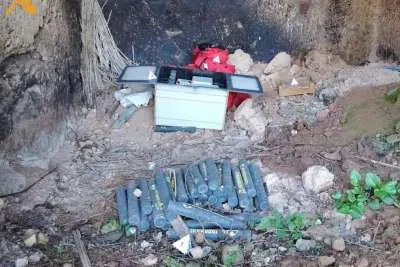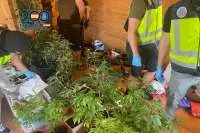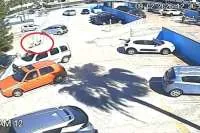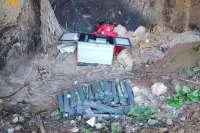All contacts of those infected by Omicron must quarantine even if they are vaccinated
- 02-12-2021
- Health
- Canarian Weekly
The Ministry of Health is continuing to try to stop the expansion of the omicron variant of the coronavirus in Spain, and yesterday (Wednesday) announced that everyone, including fully vaccinated people, who have had contact with someone infected by this variant will have to quarantine for ten days. Up until now, the close contacts of someone that tested positive haven’t had to isolate if they have been vaccinated, but, like in the UK, the fear of omicron has the Ministry to harden its criteria.
In fact, according to the new rule, people who have come in contact with someone suspected of being infected by the variant, even if it is not confirmed, must also be put into isolation.
“Confirmation of this type of variant is not usually available at the time of diagnosis, so this measure needs to be applied to those cases in which there is a suspicion, either because of preliminary information through their test, or because the case is part of an outbreak that includes cases produced by these variants," said the Ministry of Health.
According to the Ministry of Health guidelines, ‘close contacts’ are considered to be: “family members who have had a relationship with them, and in general, anyone who has been in the same place at a distance of less than 2 metres for a total accumulated time of more than 15 minutes over a 24 hour period. The infected person must keep quarantine at home, preferably in a single room, and will not be able to go outside their home.”
Although the presence of omicron in Spain is still symbolic (only two confirmed cases in Madrid, and another two possible ones in Catalonia), the suspicion that the new variant is more widespread in the country does not stop growing. This Wednesday, Catalonia announced that it had detected samples in its wastewater that could indicate the presence of omicron for the last two weeks, said the Catalan Minister of Health, Josep Maria Argimon. Argimon highlighted that Catalonia is screening 20% of the PCR samples and that it maintains wastewater surveillance.
Detection in wastewater is key to anticipating the presence of new variants. The researcher of the Higher Council for Scientific Research (CSIC) at the Institute of Biomedicine of Valencia, Iñaki Comas, explained on Monday that omicron already has a known mutation, which allows rapid monitoring through the analysis of these waters. But still, the detection of the variant is slower than that of Alpha or Delta.
Omicron's eruption will be the main topic in the Inter-territorial Health Council to be held today (Thursday) in Córdoba. The Ministry of Health and the vast majority of communities are still opposed to establishing restrictions, although the Ministry recommended on Tuesday that the number of people at Christmas gatherings be reduced. In principle, only the Basque Country will demand the establishment of more restrictions, among which they want to re-establish mandatory use of masks outdoors.
Other articles that may interest you...
Trending
Most Read Articles
Featured Videos
TributoFest: Michael Buble promo 14.02.2026
- 30-01-2026
TEAs 2025 Highlights
- 17-11-2025


